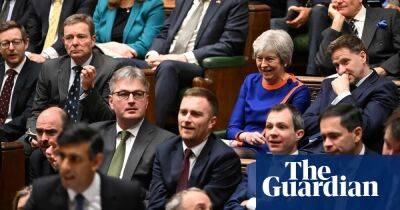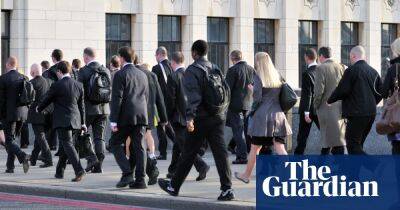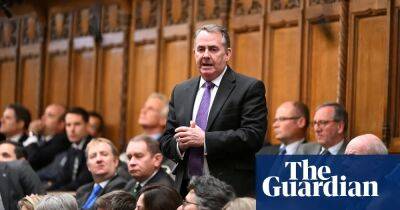Four problems that Britain’s crisis-hit railway must solve to survive
W hat do Britain’s railways need to do to get back on track? In a brief interval between strikes, the RMT’s Mick Lynch was asked by MPs whether industrial action was damaging rail. The union leader answered: “What about the days when we’re not on strike, when it’s absolutely useless as well?”
Industry bosses also acknowledge, in less blunt language, that rail needs fixing.
The problems are mounting. After enormous investment in the last decade, the Treasury has indicated it will not continue to meet rising costs. Reports that HS2 may be delayed again or stop short of its London terminus – despite the chancellor’s swift denial – will heighten anxieties about government support.
Inflation and the pay battles it has triggered have compounded the financial battering from Covid, which tore at the fissures in the system. The collapse in passenger revenue ended franchising overnight, but several franchises had already sunk. Emergency contracts for train operators kept the industry afloat, but arguably sapped it of direction or thrust. The contracts minimised the stakes for success or failure – a factor in the malaise that has seen rail passengers in the north particularly badly served.
Reason for optimism remains. Reliability has not fallen everywhere; work towards reform continues; new infrastructure, not least Crossrail, has been delivered, and more is promised; and passengers have returned to some routes in droves. But the railway system’s fate will depend on how four interlinking issues are addressed.
Resolving the sustained national strikes of the last seven months is top of the in-tray – even if the breakdown in industrial relations is a symptom rather than a cause of rail’s crisis.
At least two more days of near-shutdown have
Read more on theguardian.com





















